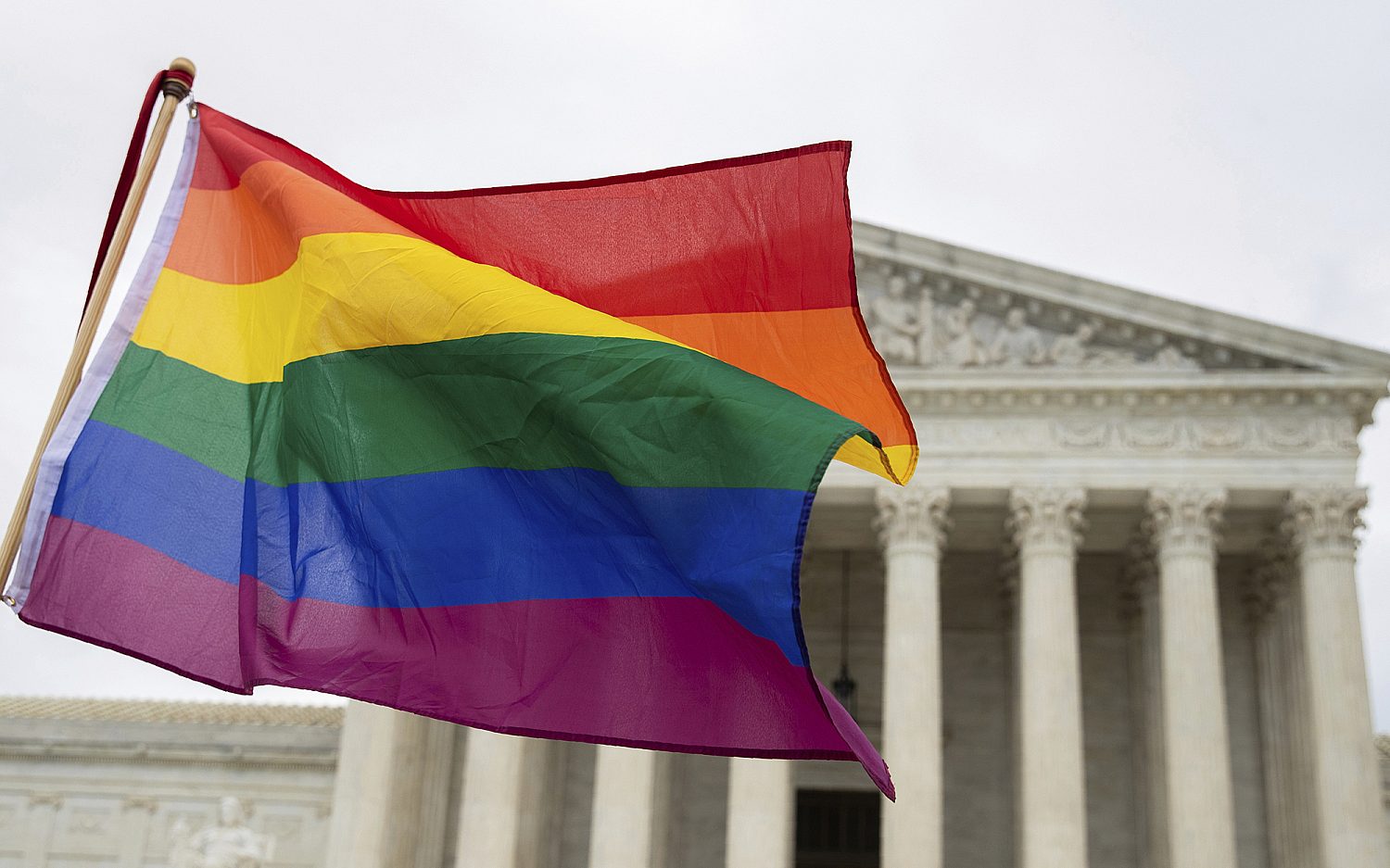Homegrown fears realized
Boston's twin bombings are a stark reminder that the homeland remains vulnerable
The man and woman who crossed the finish line first at the Boston Marathon Monday afternoon came from countries that are no strangers to terrorism: Lelisa Desisa, 23, hails from Ethiopia; Rita Jeptoo, 32, comes from Kenya.
In recent years, citizens in both countries have endured bombings of public buildings and buses that have killed and wounded dozens. In February, a Kenyan man died when the bomb he was trying to assemble near a presidential rally at a primary school exploded.
Meanwhile, nearly 7,000 miles away, another perpetrator was planning an attack on an American city. Less than two hours after Desisa and Jeptoo hoisted silver cups in the Boston Marathon winner’s circle, a pair of blasts shredded through two locations along the race route near the finish line.
The explosions killed at least three, and wounded more than 140. At least 17 of those victims remain in critical condition. Many may have lost arms or legs. The dead include an 8-year-old boy.
More than 12 years after the 9/11 attacks killed thousands in New York City, the Boston bombings are a sobering reminder that terrorism isn’t limited to nations like Kenya or Ethiopia. Former news anchor Tom Brokaw told Politico, “We’re the most advanced nation in the world, living with Third World vulnerabilities.”
Some of that vulnerability stems from the ordinary freedoms Americans are unwilling to cede. For more than a decade, we’ve known jihadists are determined to cripple the country and snuff out U.S. citizens. Still, tens of thousands of Americans packed into downtown Boston Monday to run or watch the world’s oldest marathon, and to celebrate Patriots’ Day, which commemorates the Revolutionary War battles of Lexington and Concord.
By Monday afternoon, FBI agents and Boston police were scrambling to understand what other vulnerabilities might have led to the attack. The U.S. Department of Homeland Security reported it had no credible threats ahead of the marathon. Officials underscored they did not know whether the bombs were domestic or foreign attacks.
By Monday night, authorities had raided a unit in a high-rise apartment building in the nearby Boston suburb of Revere. Police confirmed the search was connected to the bombings but didn’t reveal details.
Police also issued an alert for a rental van they think might have been near the scene when the bombs exploded, and for a hooded man who left the scene just before the blast. Surveillance videos showed a man in dark clothes carrying two backpacks near the time of the explosions.
For all the horror, authorities realize the carnage could have been worse: Most of the 20,000 runners had crossed the finish line by the time the bombs detonated. Police routed about 4,000 remaining runners away from the scene of the crime. In keeping with routine race protocol, the area was full of police, medics, and ambulances. First response became immediate response.
And while thousands had descended on downtown Boston for the race, thousands more Boston workers had stayed home: Patriots’ Day is an annual state holiday.
Chai Ling, founder of All Girls Allowed—a Boston-based group that fights forced abortion in China—usually works in an office in Copley Square, ground zero for the bombings. On Monday afternoon, she reported she was one of the many Bostonians safe at home, and added, “We are all praying now.”
An actual newsletter worth subscribing to instead of just a collection of links. —Adam
Sign up to receive The Sift email newsletter each weekday morning for the latest headlines from WORLD’s breaking news team.





Please wait while we load the latest comments...
Comments
Please register, subscribe, or log in to comment on this article.